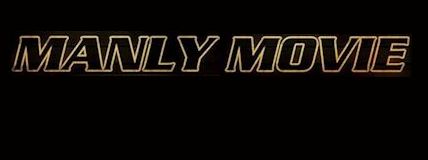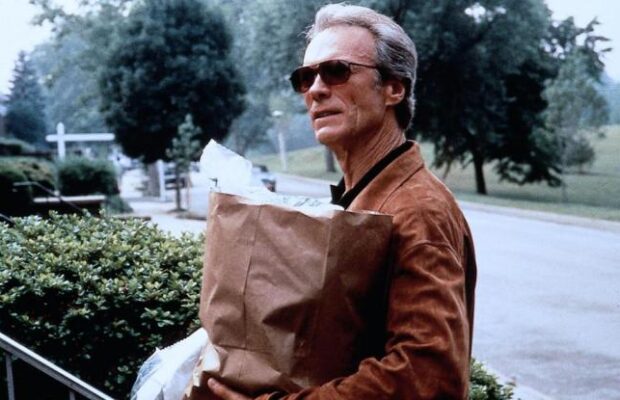REVIEW: Devil’s Pass (2013)
Runtime: 100 mins
Rated: R
What to Expect: Renny Harlin doing crappy found footage horror
Renny Harlin’s filmography varies wildly in quality, ranging from fantastic action films (Die Hard 2, The Long Kiss Goodnight, Deep Blue Sea) to borderline unbearable dreck (Driven, 12 Rounds). After showing a slight glimmer of hope with the mildly competent 5 Days of War, Harlin is back in the doldrums with Devil’s Pass (also known as The Dyatlov Pass Incident). Bewilderingly, this is actually a found footage horror picture, looking to cash in on the Blair Witch Project phenomena about five years too late. Harlin and first-time screenwriter Vikram Weet were palpably enamoured with Blair Witch, as Devil’s Pass rehashes every single narrative beat of the 1999 picture. While some aspects of the film do work, it’s ultimately the script that kneecaps Devil’s Pass early into the proceedings.
In February 1959, ten Russian hikers journeyed into the snowy, freezing cold Ural Mountains. One of them turned back early into the expedition, while the other nine were found dead a few weeks later, some of whom had bones seemingly crushed from the inside while another apparently tested positive for radiation. To this day, there is still no definitive answer about what happened to them. In Devil’s Pass, psychology student Holly (Holly Goss) becomes fascinated with the incident, and sets out to make a documentary movie with friend Jensen (Matt Stokoe) and audio engineer Denise (Gemma Atkinson). Travelling to Russia with expert climbers Andy (Ryan Hawley) and JP (Luke Albright), the young filmmakers aim to recreate the footsteps of the doomed hikers, hoping to find some sort of answer for the questions that have baffled investigators for decades. Suffice it to say, the group are unprepared for what’s waiting for them in the Ural Mountains.
Devil’s Pass shoots itself in the foot very early by showing an after-the-fact news report before the ten-minute mark. It makes the ending a foregone conclusion, rendering the following 90 minutes a long-winded drag towards a spoiled climax. One supposes that Harlin and Weet chose to include it to heighten intrigue, but it does the exact opposite. Unfortunately, the found footage approach scarcely works. The question of “Why don’t they just put the camera down?” pops up consistently, with characters continuing to film for no reason other than contrivance. In an ideal world, Harlin would’ve mixed found footage with a traditional cinematic approach, something akin to End of Watch, which would have made more sense due to the news report. Plus, due to something that happens at the end of the feature, it suddenly makes no sense that the footage was even found, and that’s a huge problem. Logic is perhaps the script’s biggest enemy.
Admittedly, the craftsmanship isn’t bad, with lavish locations and a strong sense of atmosphere. Devil’s Pass does work in fits and starts during its first half, when the movie is locked in investigation mode. Early into the expedition, the students encounter strange footprints, and the mystery about what made said footprints is truly unsettling. There are other discoveries, too, not to mention the students interview a witness who believes she saw eleven dead bodies back in 1959. But Devil’s Pass soon goes off the rails completely, and not in a good way. Weet’s script elects the most far-fetched answers to simple questions, pushing the movie into the realm of sci-fi fantasy with ties to the Philadelphia Experiment. It’s possible that nobody will ever know what happened to the hikers in 1959, but the explanation here doesn’t fit the film, especially when Harlin begins to orchestrate silly sequences of mayhem. Worst, the digital effects are truly dreadful. When CGI creatures begin to appear, they look phoney and obvious, killing the found footage illusion. The performances are strangely inert as well, lacking the naturalistic spark of all the best found footage productions.
At this stage, it’s hard to deny that the found footage genre has worn out its welcome. There are the occasional found footage gems ([Rec], Grave Encounters), but for the most part these efforts are perfunctory and unsatisfying. We are now too cynical to take such productions seriously, as we know that the footage isn’t real. We cannot be tricked anymore. Devil’s Pass had potential, but the end result is underwhelming. It’s destined to be forgotten.
Rating: 5/10












1 Comment